Black Veterans Experiences with Weight-Related Care
Nearly half (44%) of Black Veterans who use VHA care have obesity (Breland et al., 2017). The MOVE! Weight Management Program for Veterans (MOVE!) is supported by VA's National Center for Health Promotion and Disease Prevention (NCP). Adapted from the evidence-based Diabetes Prevention Program, MOVE! assists Veterans to achieve clinically meaningful (~5%) weight loss to improve their health and reduce their risk for chronic health conditions, like diabetes. However, Black Veterans lose less weight after participating in MOVE! than White Veterans (Hoerster et al., 2014). VA clinicians listened to and learned from Black Veterans to develop recommendations on how to improve MOVE! experiences and outcomes for Black Veterans. These included:
- Hire and retain providers who understand and respect Black patients and are committed to delivering evidence-based, culturally-sensitive care.
- Tailor weight management programs to individual diets, including information about how to make traditional foods healthier and how to incorporate preparation methods from other cultures. Materials should not vilify culturally important foods.
- De-emphasize Body Mass Index (BMI) as a measure of health and well-being.
NCP has already begun incorporating its recommendations to ensure Veterans enrolled in MOVE! are receiving evidence-based and culturally-sensitive weight-related care.
Some of the Veterans’ submissions – photos, poetry, and responses – are included in this exhibit. The results of this work are also published open access in the Journal of General Internal Medicine (Breland et al., 2024, epub ahead of print).
Please click on the Veterans' hyperlinked quotes to expand the images.
|
|
|
|
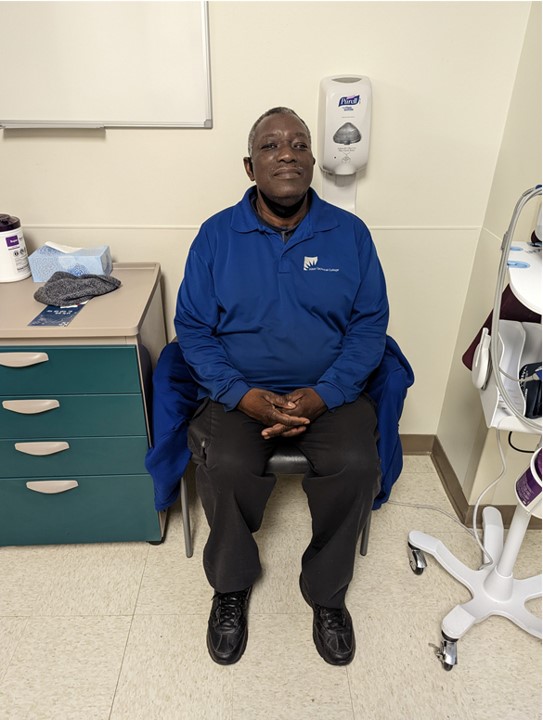
|
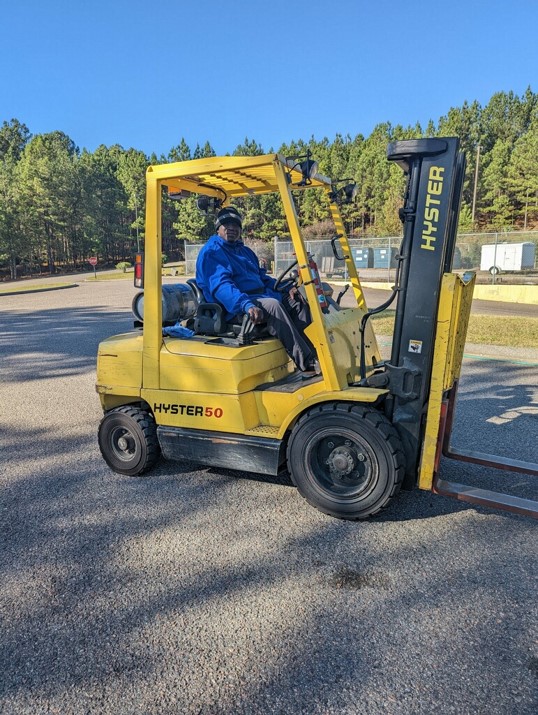
|
|
“A visit to the provider should be a good and thorough work up. We are missing that.”
|
“Overall body image to me means health, … you can tell when you start stepping on that forklift that you’re not doing right.”
|
 |
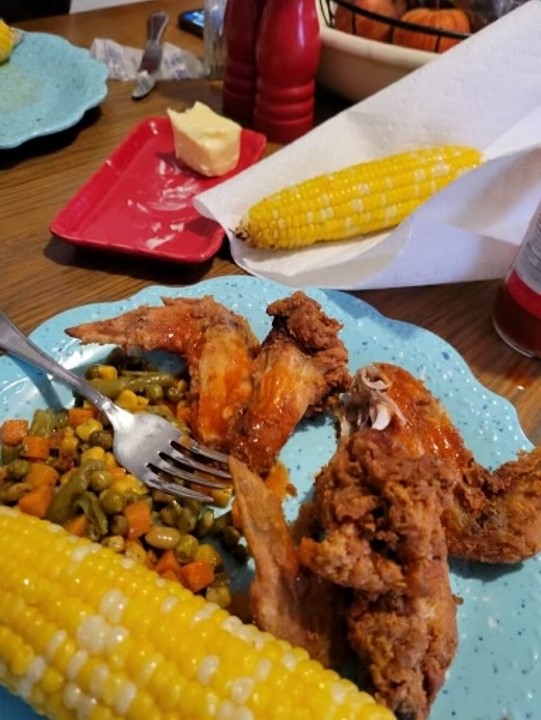 |
|
“When I first looked at [this picture]…my mother is from Louisiana, that was breakfast…rice with every meal, grits. It took me through [a] whole day [of my childhood] just looking at that one meal.”
|
“I struggle with things that give me comfort or make me feel better, you know? And this is a prime example of stuff that makes me feel good, and makes me feel better. Fried chicken. Corn on the cob. Hot sauce. Salt, pepper. You know. Man, and this is a picture I took of one of my meals. And, I don’t know, I guess it’s one thing at a time. But food is like, like you said, like kryptonite. It’s been a struggle for me to eat healthy.”
|
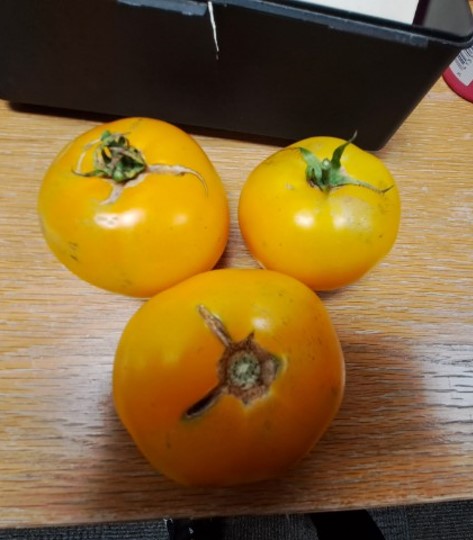 |
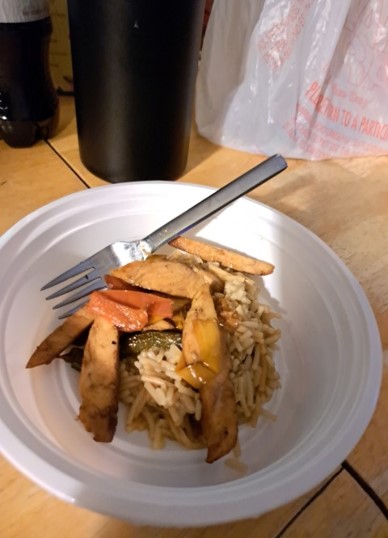 |
|
“It’s easy for me to say that I want to eat healthier and exercise more, but actually implementing that into my lifestyle with my schedule [is hard]... My dietitian says…’try celery sticks’...but then I found it to not be as satisfying…there are some things that really truly have to change within me in order for me to make the changes outward of me.”
|
“You can’t eat too much beef because it will give you gout. You can’t eat pork because it will give you high blood pressure. You can’t eat fried foods because it’ll give you high cholesterol. So, what can I eat that I don’t have to worry about my health being involved in it? Why can’t I just eat something and enjoy it?”
|
|
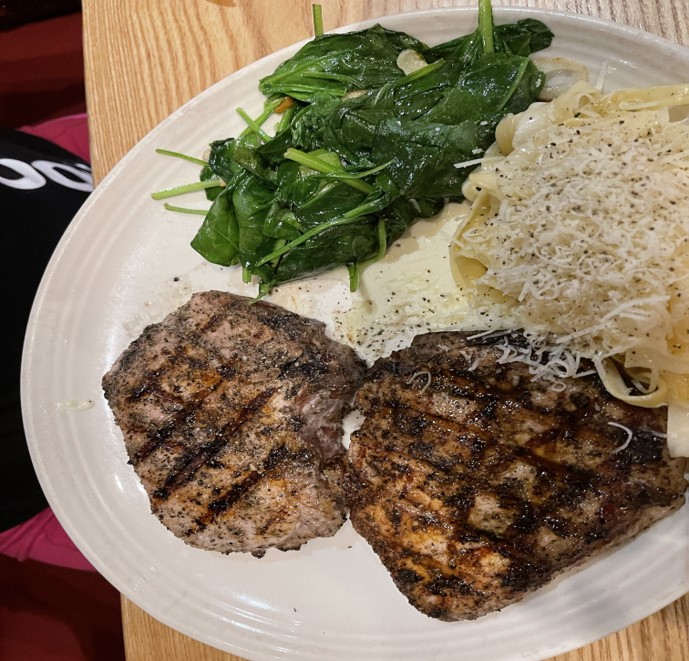
|
|
|
“I know in MOVE, in one of the chapters they had a list of words that were unhealthy. And it was fried, southern, smothered, alfredo. It’s everything that, I mean to my mind, they’re just telling me everything that I like is bad, so there was just no point in maybe even looking at trying to salvage those foods... Instead of maybe vilifying it, show some alternatives to alfredo, something that’s maybe alfredo-like, but with less calories.”
|
|
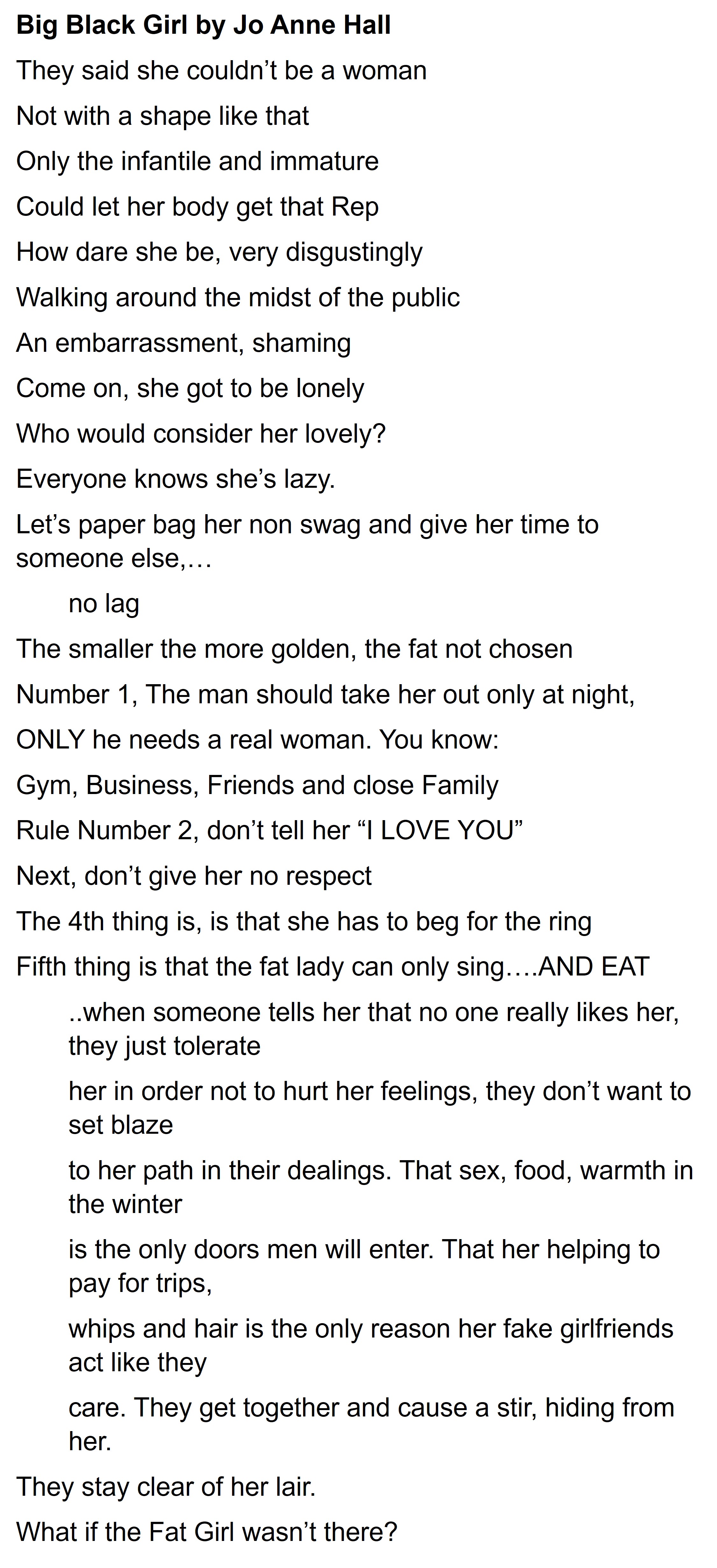 |
|
|
Previous Exhibitions



























